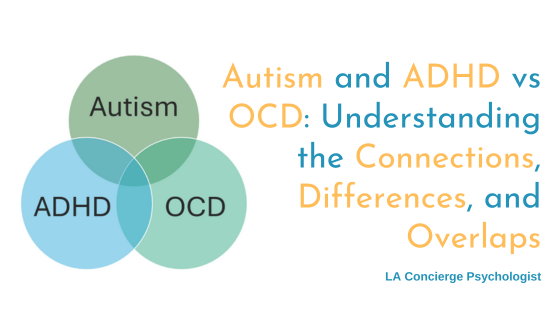Imagine for a moment…
You have a long day ahead of you with no real commitments. And you also have a long list of things you need to finish up by tomorrow. Ideally, you would be able to get all of those tasks done in the time you have available. However, as the day winds down, you realize that you’ve gotten very little done.
Where did all the time go? And why is your to-do list still so long, even though you should’ve been able to cross everything off by now?
Perhaps, just like many people with ADHD, you struggle with time management. No matter how much time they have to complete a task, they end up leaving it until the last minute. And, often, they don’t get done what they’ve set out to do.
Are you just condemned to failure because of your disorder? Not at all!
The key to solving this issue is developing smarter time-management and scheduling skills. Consider the following tips for some easy changes you can implement in your day-to-day life.
Keep an Eye On the Time
Maybe you feel because of your ADHD you have a poor sense of the passage of time. You think that you’ll have enough time to do something, and you get started right away. But after a while, you realize you’re only halfway done, and you don’t have much time to spare.
One thing that might help you to stop losing track of time is simply wearing a watch. You can even use the stopwatch function to time yourself as you’re completing tasks so that you get an accurate idea of how long it takes. Moreover, keeping a clock prominently displayed in your workspace is also helpful.
Create a Structured Schedule
Having a predictable routine and knowing exactly what you should be doing at any given time can help you start each day on the right foot. That said, it helps to develop and stick to a repetitive, predictable schedule so that there are few surprises.
Planning in advance is the key. Waking up in the morning and trying to plan out your day then might not work out. But if you go into each week with a general idea of what you need to do and when you need to do it, you’ll be on the right track. Of course, using a planner or calendar is essential.
Use One Planner
Perhaps you’re writing yourself little notes about what you need to do and leaving them around your house. Or maybe you just make a “mental note” and hope that you’ll remember it later. However, if you’re grappling with ADHD, this strategy often leads to missed deadlines, disappointed friends and coworkers, and rushed work.
Instead, utilize a simple planner or calendar—be that in paper form or on your phone—and write down all of your commitments in one place. Find which type works best for you. And then, take it with you everywhere so that you can write things down as soon as you commit!
Make To-Do Lists
To stay ahead of your ADHD, make daily and weekly to-do lists to help you keep track of all the tasks you’re responsible for—at home or at work. Write these lists in your planner, and be sure you track the time each should take you. Don’t make the tasks too general but be specific with each step so that you can track it easily.
As soon as you’ve completed a task, be sure you cross it off! Not only does this help you keep track of time, but crossing items off of your to-do list can bring a strong sense of satisfaction and accomplishment. And that is very motivating to continue sticking to your schedule.
Use “Time Cracks”
Maybe you’ve spent twenty minutes waiting at the dentist’s office, waiting for your partner to get ready to run errands with you, or scrolling through your phone before getting out of bed in the morning. Could those little chunks of time be used for something productive?
If the answer is “yes,” start utilizing those “time cracks” throughout the day. Why not use them to plan ahead, jot down an idea for a project, read or listen to a portion of a book, decide what to cook for dinner, do some long-term mental planning, just to mention a few things. You will be amazed at what you can accomplish when you realize that you have more time to get things done than you thought!
—
Struggling with time management? Feel like you easily lose track of time and keep falling behind on your responsibilities? Working with a therapist who understands the challenges of adults with ADHD can help you develop better time management and scheduling skills.
Learn more about how we support adult ADHD. Start your journey to improved time management by sending us a message or booking a free 20 minute consultation call with Dr. Barajas or Dr. Goldman.



